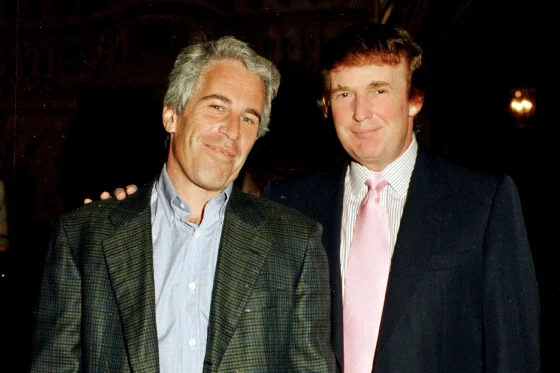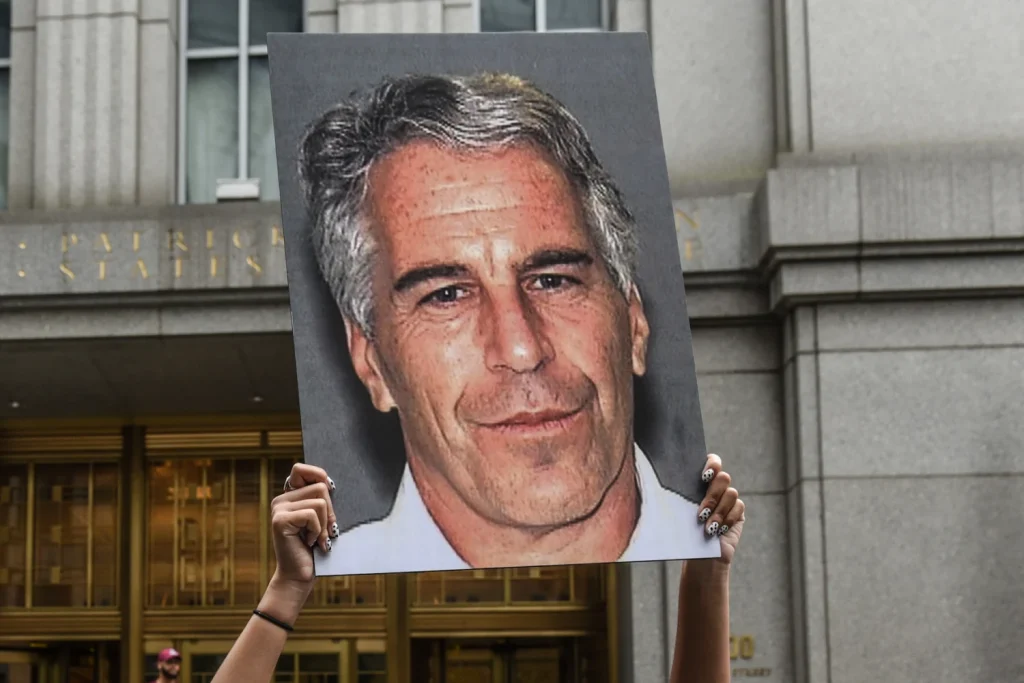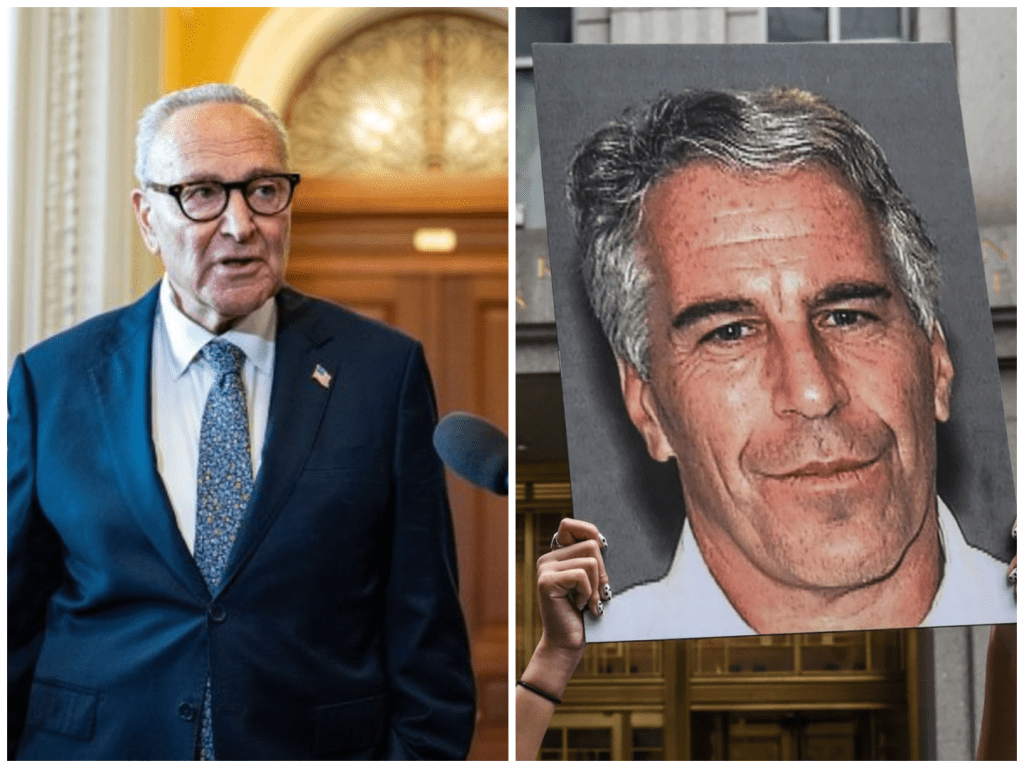Chuck Schumer Files Amendment Demanding Full Release of Epstein Files, Says Americans Deserve the Truth
There are few moments in Washington that feel bigger than the usual tug-of-war between parties, but when Senate Majority Leader Chuck Schumer stepped in front of reporters this week, it was clear something larger was at play. With the weight of history in his voice, Schumer announced that he had filed an amendment to the annual defense bill, the NDAA, with a very unusual requirement. His amendment would force the Attorney General to release every Epstein-related file held by the Department of Justice. Schumer’s message was simple but powerful: the American people deserve to see everything, no exceptions, no redactions.

The Epstein case has haunted the nation for years, leaving behind questions that never seem to fade. From the shocking circumstances of Epstein’s arrest to the suspicious way his story ended, to the whispers of powerful names tied to his orbit, this is not just another political matter. It’s one of those rare scandals that blends criminal justice, government accountability, and public trust all in one. By moving to attach his amendment to the NDAA, Schumer wasn’t just making a statement. He was forcing a vote, meaning senators would have to go on the record about whether or not they believe the files should finally be made public.
This comes as pressure has been mounting on both sides of Congress. In the House, lawmakers like Thomas Massie and Ro Khanna have already pushed a bipartisan Epstein Files Transparency Act, backed by survivors who want the truth laid bare. Victims have spoken openly in recent weeks, explaining that keeping these files hidden only deepens the wounds and prolongs the cover-up of what really happened. Their voices have cut through the usual noise of Washington, reminding the country that behind all the speculation and political maneuvering, there are real people who suffered, and they want answers.
The Department of Justice has insisted time and time again that the case is closed, that there is no so-called “client list” tucked away in some secret drawer. Yet the more officials deny, the louder the calls for transparency become. For survivors and for much of the public, it feels like the only way to restore trust is to let the sunlight in, no matter how uncomfortable the truth might be for those involved. Schumer, by stepping forward in such a high-profile way, has now brought that fight to the center of American politics.

It is hard to overstate the weight of this moment. The Epstein story is not just about one man’s crimes, but about institutions, power, and accountability. People are tired of secrecy, and tired of watching survivors beg for justice while government agencies claim their hands are tied. Schumer’s move ensures that the Senate can no longer sidestep the issue. The coming vote will be about more than procedure; it will be about whether senators believe in transparency or in protecting the shadows that have lingered over this case for too long.
No one knows how this will end, but one thing is certain: the demand for truth has never been louder. Americans want to see what’s in those files, and Chuck Schumer just made sure the fight for answers is no longer hidden in the halls of bureaucracy. It is now on the Senate floor, in plain sight, where the entire nation can watch.


